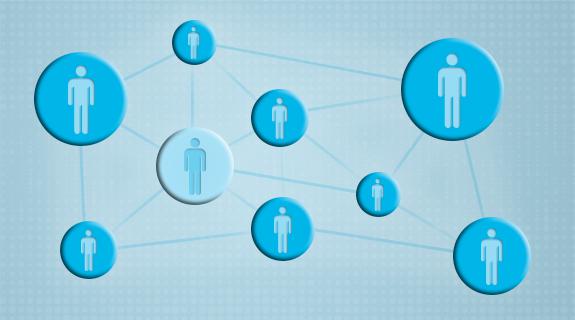Marketing is the vanguard of television—viewers absorb promo long before they ever check out a show—but data gives marketing shape, form and purpose.
Using that data as effectively as possible was the message of Thursday’s Station Summit Panel, “Dealing with Data: Using the Tools You Have to Focus Your Message.” Panelists were Sumi Barry, SVP of consumer and market intelligence, NBC Entertainment; Alex Jasiukowicz, WMUR’s creative services director; Jack MacKenzie, president, Magid Generational Strategies; and Patricia Marsden, corporate director of research for the E. W. Scripps Company. The panel was moderated by Rentrak’s Steven Walsh, SVP of local market sales.
TV always has relied heavily on research, whether that information is used to deliver programming, promos or advertising. Today, that research is more thinly sliced and diced than ever, with researchers recommending that companies know as much as possible about their consumers and then target them accordingly.
“It’s about understanding consumers’ needs and what brings them to a show,” says NBC’s Barry. “It’s about really getting to know all of those emotional connections that people have with a piece of content and figuring out the messaging that speaks to each of these people individually. It’s all about moving them and making them feel something, that’s what will bring them back.”
To understand what makes viewers tick, researchers are working hand-in-hand with marketers to ask them directly.
“Last fall, we had the challenge of promoting ABC’s new drama ‘Nashville,’” says WMUR’s Jasiukowicz. “We worked with local radio station to launch a contest where the winners could come to a private screening. Once we got them in the room, we didn’t let them leave until we got the ‘why’ from them—‘why did they like or dislike this show? Why would they watch it?’ Then we sliced and diced that feedback, had radio stations run it as part of our fall promotional campaign and we posted it on Facebook. We sold the ‘why’ with what came out of this ad hoc focus group.”
“It’s about making sure we understand our audiences as thoroughly as we possibly can,” says Scripps’ Marsden, who focuses on knowing her audience in a detailed way, including their age, income, whether or not they have kids, their level of education and their preferred device.
“The day is coming, if it’s not already here, where we are cutting promos that are directly aimed at these consumers. If you don’t at least have a basic demo profile of your audience - I hope you will do one. Start to think differently about how you are using those platforms to reach these specific viewers,” she encouraged the audience.
Like almost everything else in today’s fragmented digital world, research and data collection have to cover a lot more bases and provide much more information.“Big data is the next generation of where data collection is headed,” said Magid’s MacKenzie. “It’s a brave bold new world.”
Tags:













































__twocolumncontent.jpg)











